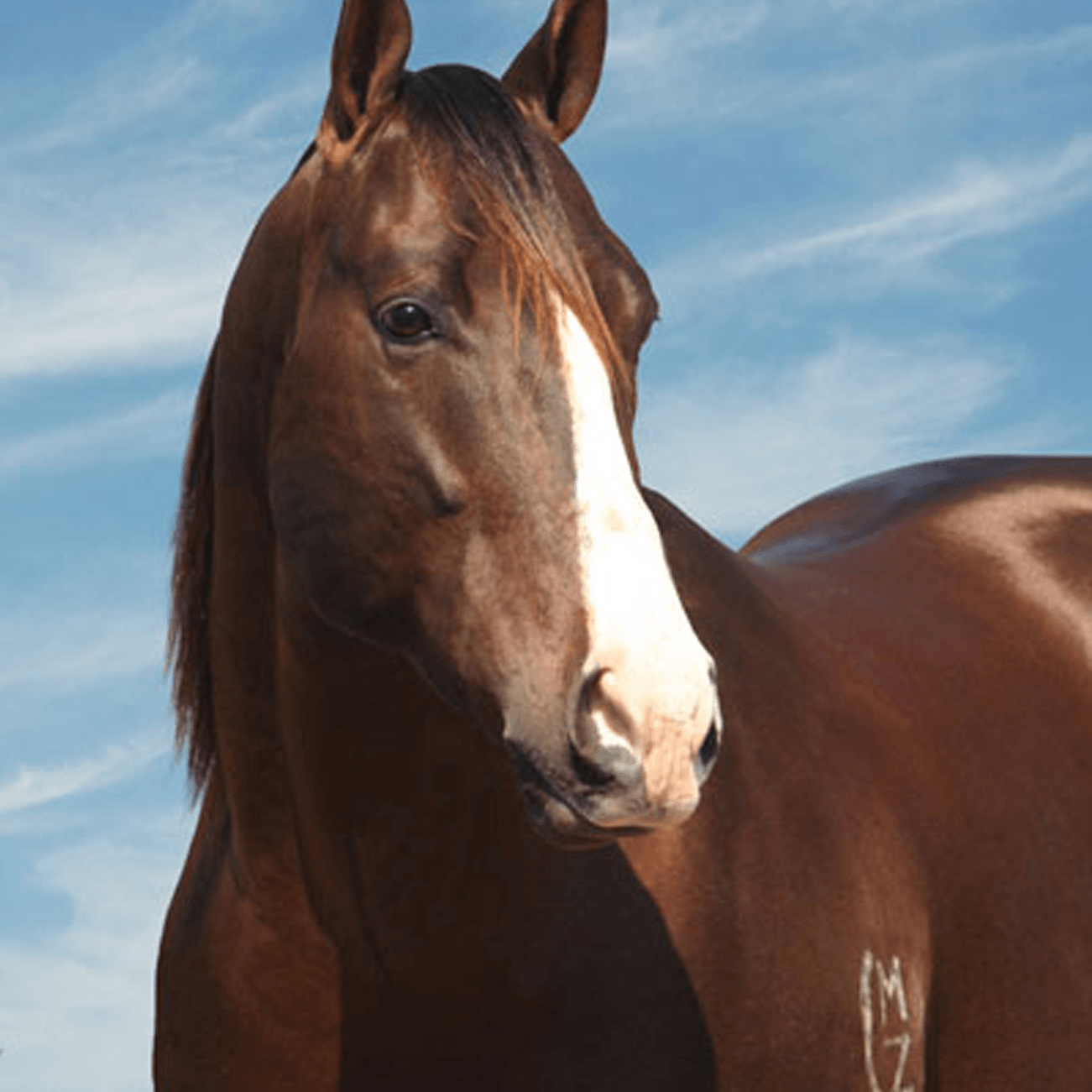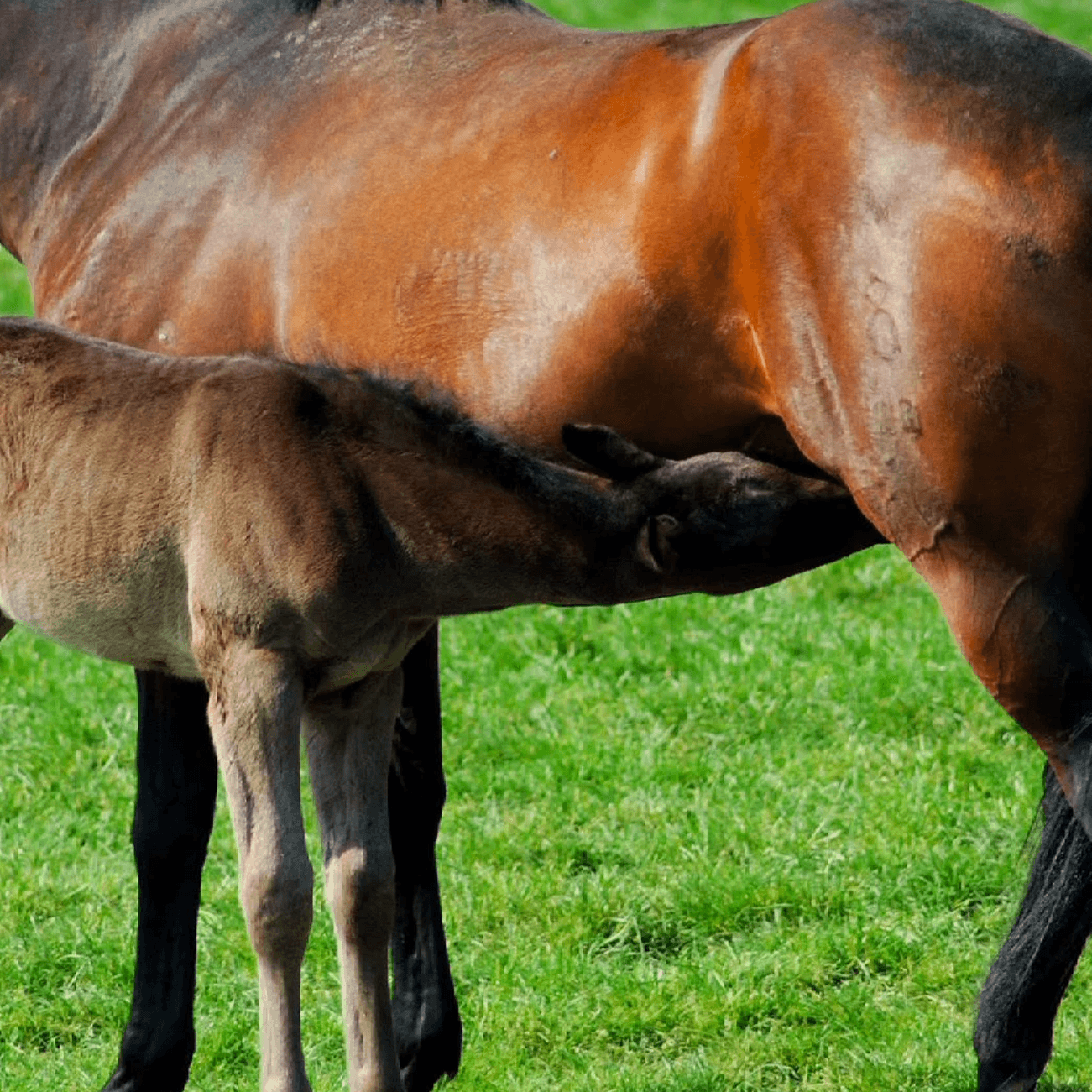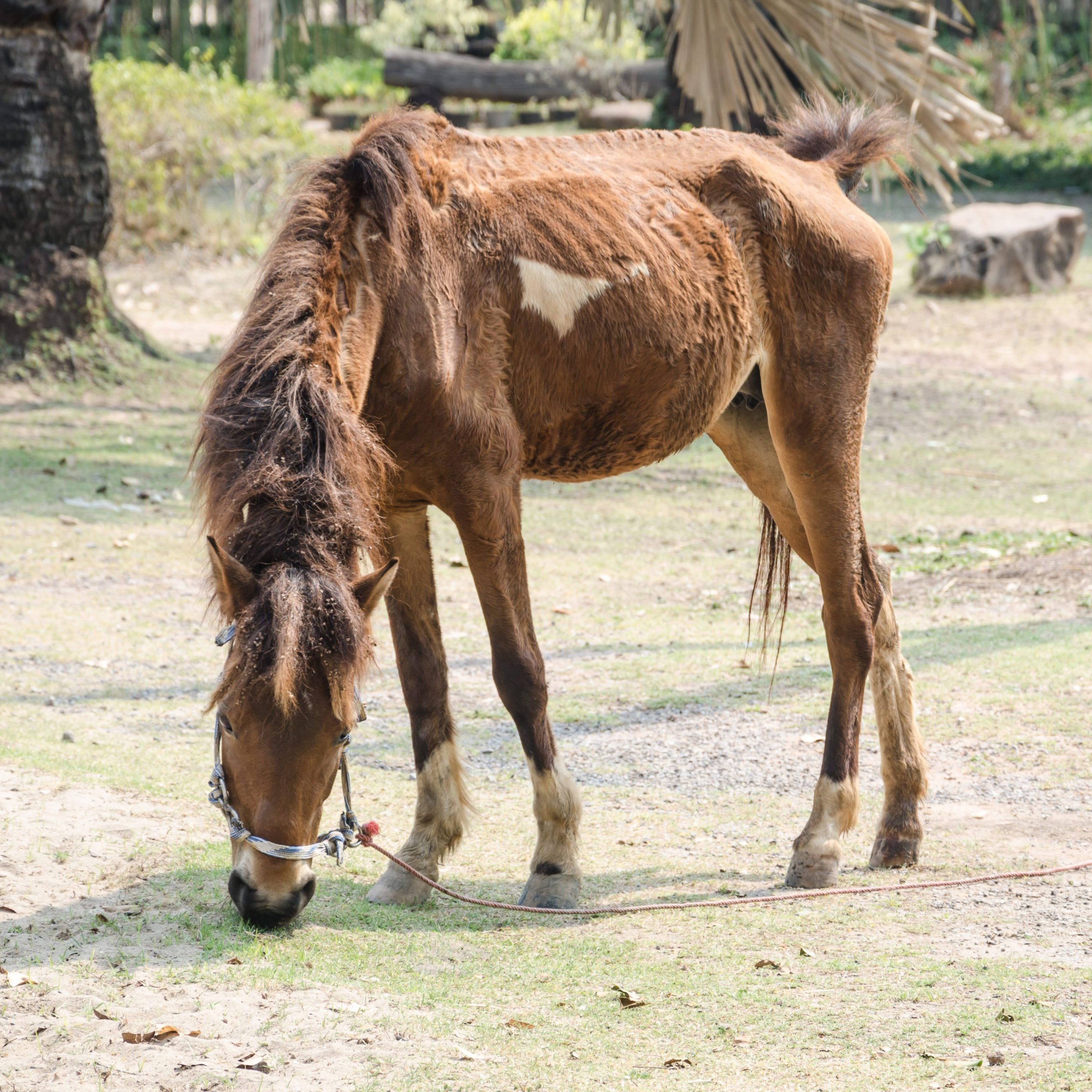Featured
Equine Ulcers
Gastric ulcers are prevalent in both foals and adult horses. Mild ulcers are quite common in many stall-confined horses and foals, while performance horses frequently develop severe ulcers. That’s why we’ve put together a brief guide about equine gastric ulcers, including their symptoms, causes and prevention.
Jump to Key Section
- What Are Equine Ulcers?
- What Are the Symptoms of Ulcers in Horses?
- What Causes Equine Gastric Ulcers?
- How Can You Prevent Equine Ulcers?
- Learn More About Using Zesterra® to Prevent Equine Ulcers
What Are Equine Ulcers?
Equine ulcers occur when a horse’s stomach lining becomes irritated and inflamed, which can happen due to a number of different circumstances. The inflammation may appear as lesions in the stomach’s mucosa (lining) as the gastric acid erodes the lining. Ulcers can occur at the upper or lower region of the horse’s stomach, but most affect the upper third of the equine’s stomach. They occur due to damage caused by excess gastric acid and sometimes parasites.
What Are the Symptoms of Ulcers in Horses?
Symptoms of ulcers can also indicate the presence of other ailments, so it’s important to allow a vet to examine your horse as soon as possible. The most common symptoms of gastric ulcers include:
- Loss of appetite
- Weight loss
- Alterations in the hair coat
- Irritable behavior
- Poor performance in competitions
- Frequent wood chewing
- Teeth grinding
- Excessive production of saliva
- Lying down on the back
- Scours or diarrhea
- Mild colic
- Mental dullness
- Biting at flanks




